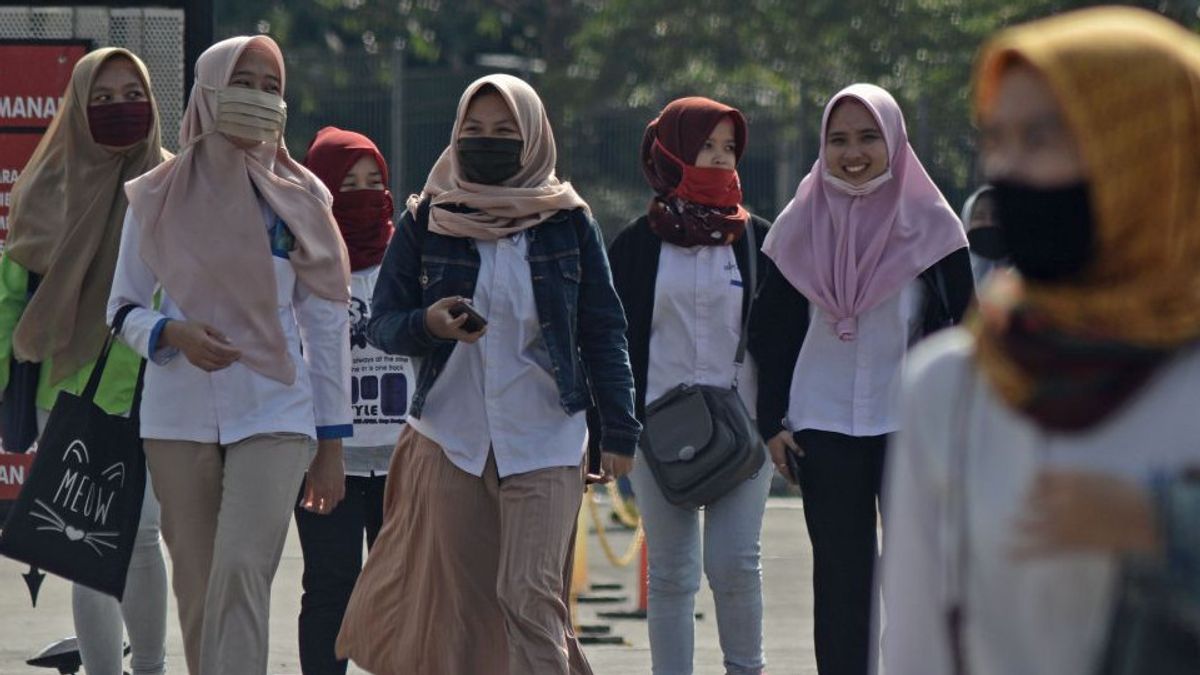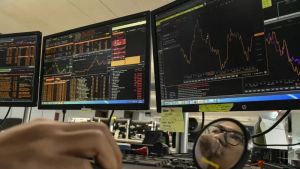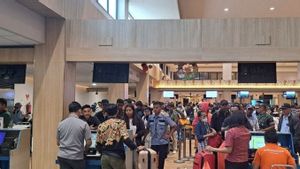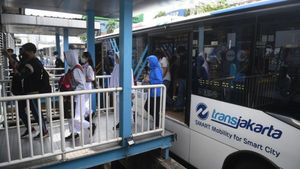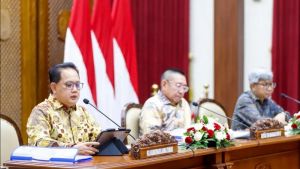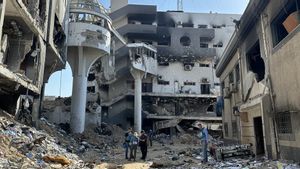JAKARTA - The Ministry of Maritime Affairs and Investment stated that the distribution of subsidized fuel oil (BBM) is more appropriate to widen the fiscal space needed to improve the quality and cleanliness of fuel, as well as provide electric buses to overcome urban air pollution.
"The policy plan is mature. Our fuel must be cleaned from high sulfur but it costs a lot. Meanwhile, subsidized fuel cannot go up in price. Therefore, the most appropriate step is to improve the distribution of subsidized fuel," said Deputy for Infrastructure and Transportation Coordination of the Coordinating Ministry for the Economy, Rachmat Kaimuddin, in the socialization of the fuel quality improvement policy plan and the distribution of fuel subsidies right in Jakarta, quoted from Antara, Friday, September 13.
The government plans that subsidized fuel will be limited to four-wheeled vehicles with a large cylinder (cc) volume. For motorbikes and cars with small cc, they can still use biosolars and pertalite which are subsidized fuel products.
"Only a few will be affected by this policy, below seven percent of vehicles. We do this to protect more than 93 percent of vehicles," he said.
Rachmat emphasized that subsidized fuel prices will not increase and supply will be maintained for people in need. He rejected the assumption that this policy plan would pressure the middle class because restrictions were likely to be carried out based on the type of car engine.
"This policy plan has been designed in such a way to protect the middle class. The middle class will be protected because it can still access subsidized fuel whose quality is improved and low in pollution," he said.
On the same occasion, the Director of Operations and Safety of PT Transjakarta Daud Joseph conveyed the plan of the regional business entity to gradually procure electric buses.
"By the end of this year PT Transjakarta will add 500 new buses, consisting of large, medium and microtrans or small buses. Everything will be in the form of electric buses. The hope is that with more people switching from private vehicles to public vehicles that have zero emissions, we can both overcome the problem of air pollution," said Daud.
In 2022, PT Transjakarta will first operate electric buses and find that the cost of operating electric buses compared to diesel-based buses is more or less the same.
SEE ALSO:
He said the experience of operating the first 100 electric buses had taught PT Transjakarta that the cost of producing and maintaining electric buses is becoming more efficient and more affordable.
Rachmat then said that the expansion and electrification of public transportation is the key to handling air pollution, especially in Jakarta.
"Transjakarta is very large and important for all of us. Its role is very central in controlling air pollution in Jakarta," said Rachmat
"This award will be a motivation for us to continue to strive to improve service standards, in line with the growing needs of customers," concluded Arie.
The English, Chinese, Japanese, Arabic, and French versions are automatically generated by the AI. So there may still be inaccuracies in translating, please always see Indonesian as our main language. (system supported by DigitalSiber.id)
